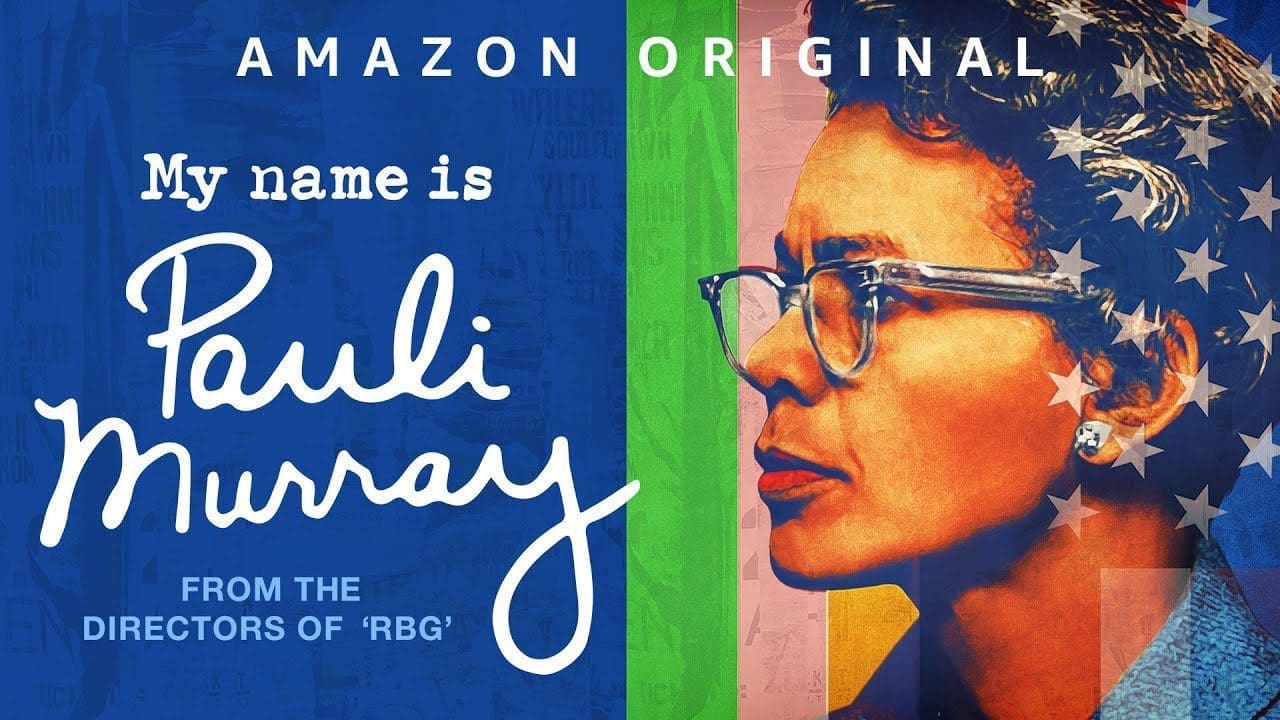While the IRA (Irish Republican Army) is a common choice when a screenwriter needs to invoke a nefarious and shadowy organization whose members have foreign accents, it is easy to forget that they played a very real role in the violent history of Northern Ireland. The strife surrounding the IRA and organizations like it made places like Belfast so unstable that so-called Peace Walls, 18 feet high, were erected to physically separate Catholic and Protestant portions of the city. This era began with sectarian violence in the streets of Northern Ireland during the late summer of 1969, which is the setting of the film Belfast.
Against this chaotic backdrop, the movie tells the story of a working-class family of three generations under one roof just trying to scrape by. It is told predominantly from the point of view of the family’s youngest son, Buddy (Jude Hill). This is evidenced by the fact that his parents and grandparents are only ever called Ma (Caitriona Balfe), Pa (Jamie Dornan), Pop (Ciarán Hinds), and Granny (Judi Dench), respectively. Buddy goes through the normal daily activities of any young boy while also trying to make sense of the calamities taking place in his neighborhood and the tension that follows them.
The main conflict driving the plot is Ma and Pa’s struggle to decide what is best for their children with the increasingly dangerous events swirling around them. Pa wants to take the kids abroad to start a new life someplace safer. Conversely, Ma feels strongly that they should stay in Belfast on the same block they grew up on, where everybody knows them and their family. Meanwhile, a Protestant Nationalist named Billy Clanton begins harassing Pa to support their cause, which he has no interest in doing. Buddy slowly discerns through occasional glimpses that momentous and scary changes are taking place in his family and he may have to leave everything he knows behind.

First and foremost, Belfast is a dazzling film to watch. It is shot in black and white, which always makes for a distinct moviegoing experience. The settings are chosen brilliantly to complement this visual style and give the entire movie a very old-fashioned feel. This thoughtful approach to cinematography is utilized throughout the film and some of the camera shots are truly striking. One of these shots is right in the opening sequence, which is an audacious stylistic choice all by itself.
Kenneth Branagh, the director of Belfast, has a prolific background in the theatre and those skills are on full display. Much of the movie, particularly the dialogue, feels like a stage play. It is heavy on content and lines are often delivered carefully one at a time. Fortunately, the acting here is strong enough to carry that type of presentation. Jude Hill’s portrayal of Buddy is especially good and he is laugh-out-loud funny at times. This thespian approach combines with the bold cinematography of Haris Zambarloukos to create a film that is enchanting in its best moments.
Another strong aspect of Belfast is the tone it manages to strike in its storytelling. The juxtaposition of a child trying to figure out how to spend more time with his crush while religious intolerance turns to violence all around him could easily be off-putting or out of touch, but it is handled deftly. The effect is that we see these tragic events through the eyes of a child who can’t see their importance and is instead preoccupied with far more innocent pursuits. This is a powerful technique and highlights the impact that such dark events would have on a child’s life.

The biggest problem Belfast suffers from is that it is positively drenched in nuance. On its surface, this is just a meandering story about a family’s mundane activities in a moderately dangerous place and time. There isn’t much in the way of suspense or high drama. The features of the movie that are exceptional are highly subtle and not necessarily everyone’s cup of tea. In other words, it’s an artistic film. For those who don’t appreciate these aspects of filmmaking, I imagine Belfast runs the risk of coming off as slow and boring.
Belfast is an enjoyable slice of life story with an assertively retro feel. Its theatrical directorial style combines with solid acting and stunning cinematography to make a unique and impressive film. That being said, it is guilty of being a little bit stuffy and potentially inaccessible to some. See it when you’re in the mood for something deliberate and thought-provoking.
About Belfast
Synopsis: A young boy and his working-class family experience the tumultuous late 1960s.
Director: Kenneth Branagh
Writer: Kenneth Branagh
Stars: Jude Hill, Lewis McAskie, Caitriona Balfe
Rated: PG-13
Runtime: 1 Hour, 38 Minutes
Releases: November 12th, 2021 (USA)
My name is Kevin and I have been writing about movies with GNN since January 2020. Some of my favorite films are Inception, Django Unchained, American Hustle, and Gladiator. I graduated with a B.A. in Philosophy from Arizona State University in May 2018. I am currently self-employed in e-commerce and live in Tempe, Arizona. In my free time, you can probably find me slinging spells in Magic: the Gathering or dusting off a retro video game console (Super Nintendo is my favorite).




























